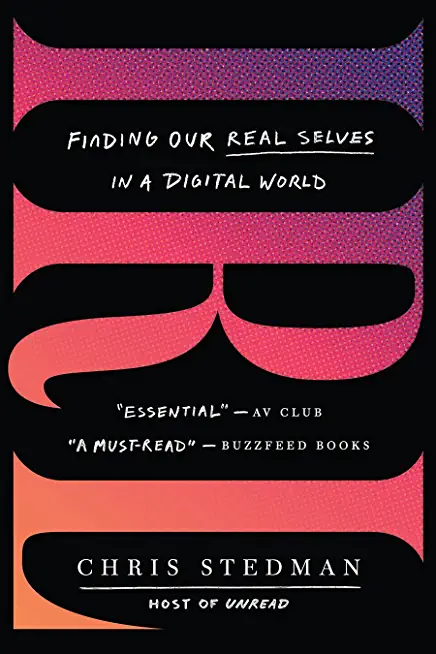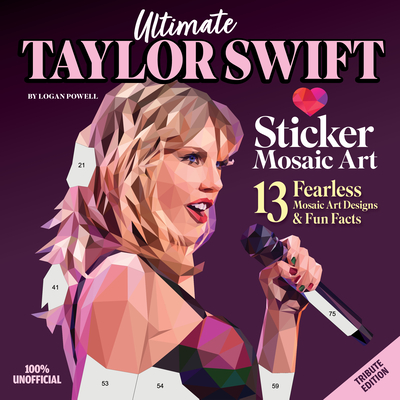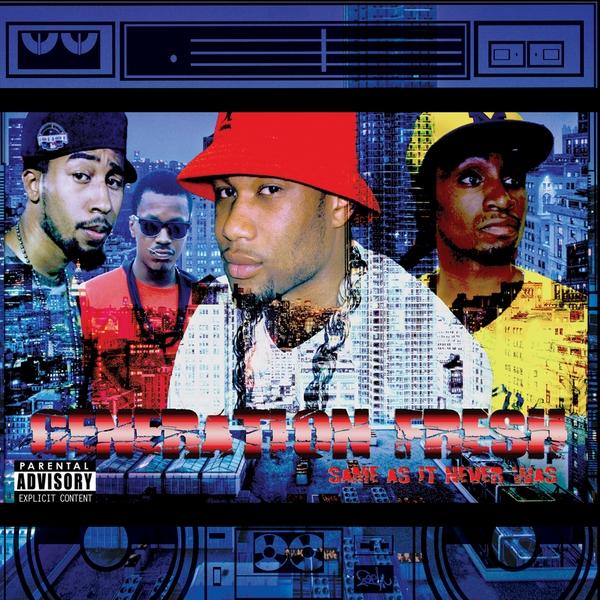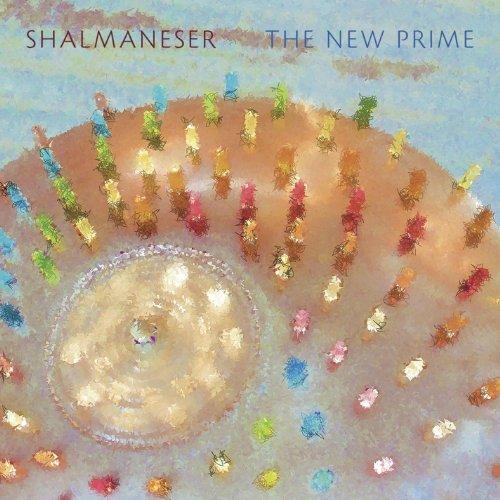
description
ctions between the two titans of the British cultural psyche--the Beatles and the Bond films--and what they tell us about class, sexuality, and our aspirations over sixty dramatic years. The Beatles are the biggest band in the history of pop music. James Bond is the single most successful movie character of all time. They are also twins. Dr No, the first Bond film, and Love Me Do, the first Beatles record, were both released on the same day: Friday 5 October 1962. Most countries can only dream of a cultural export becoming a worldwide phenomenon on this scale. For Britain to produce two iconic successes on this level, on the same windy October afternoon, is unprecedented. Bond and the Beatles present us with opposing values, visions of the British culture, and ideas about sexual identity. Love and Let Die is the story of a clash between working class liberation and establishment control, and how it exploded on the global stage. It explains why James Bond hated the Beatles, why Paul McCartney wanted to be Bond, and why it was Ringo who won the heart of a Bond Girl in the end. Told over a period of sixty dramatic years, this is an account of how two outsized cultural phenomena continue to define American aspirations, fantasies, and our ideas about ourselves. Looking at these two touchstones in this new context will forever change how you see the Beatles, the James Bond films, and six decades of cross-Atlantic popular culture.
member goods
No member items were found under this heading.
Return Policy
All sales are final
Shipping
No special shipping considerations available.
Shipping fees determined at checkout.







